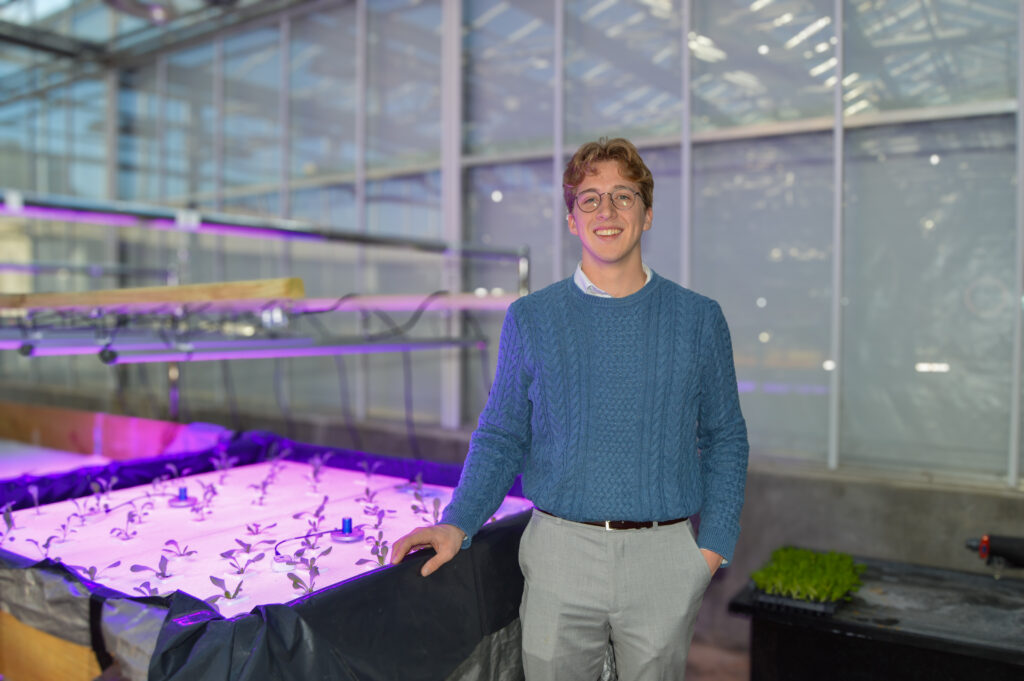The Department of Plant Sciences provides graduate level educational and research opportunities, led by the Herbert College of Agriculture, for students interested in a range of concentrations. We offer both Master’s and PhD programs for students interested in Plant Sciences. View our degree options below.
Degree Options
Master’s in Plant Sciences
Both thesis and project options are available for the Master’s in Plant Sciences, each guided by a graduate committee consisting of the major professor and two or more other faculty members. Studies are possible across a wide variety of crop commodities, including fruits, vegetables, weeds, cereals, grains, turfgrass, ornamental plants, and public horticulture. Plant Sciences students can undertake research to address challenges related to plant protection, molecular biology, breeding, genetics, biotechnology, physiology, ecology, culture, and management. Students must select a formal concentration as a focus of study. Available concentrations include crop sciences, horticulture, plant breeding, plant molecular genetics, and weed science. All concentrations require a thesis/project.
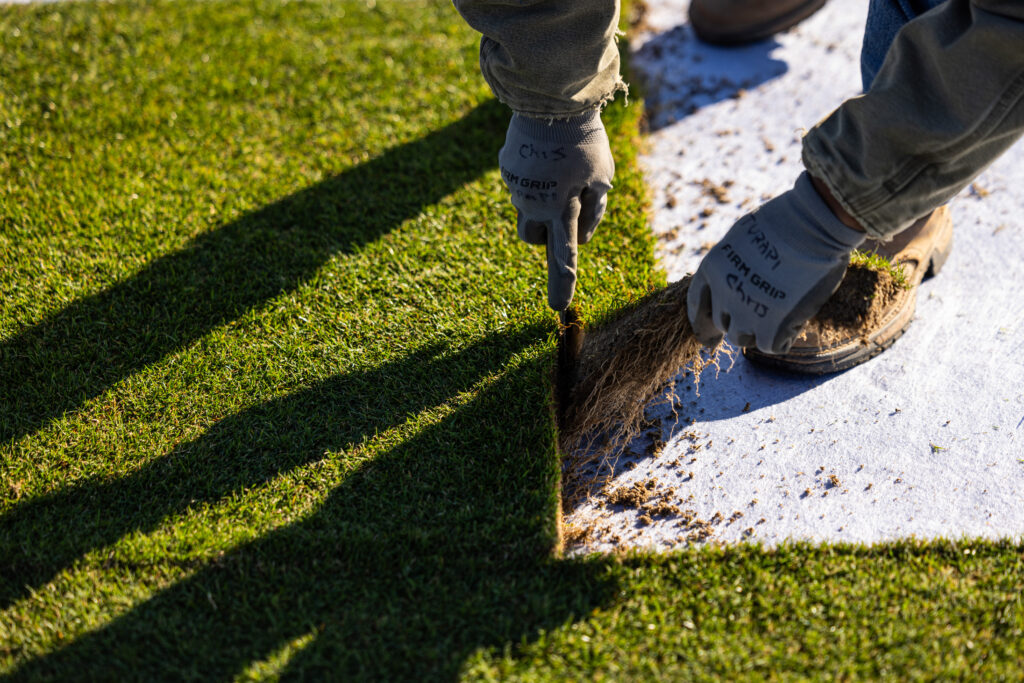
Master’s in Landscape Architecture
The Master of Landscape Architecture (MLA) is a design-based professional degree that concludes with a design thesis or advanced design project. The MLA has a first-professional track (MLA, Track 1) that is designed to prepare students as critically-engaged practitioners, and a post-professional track (MLA, Track 2) that provides opportunities for research-oriented studies in areas of speculation and specialization.
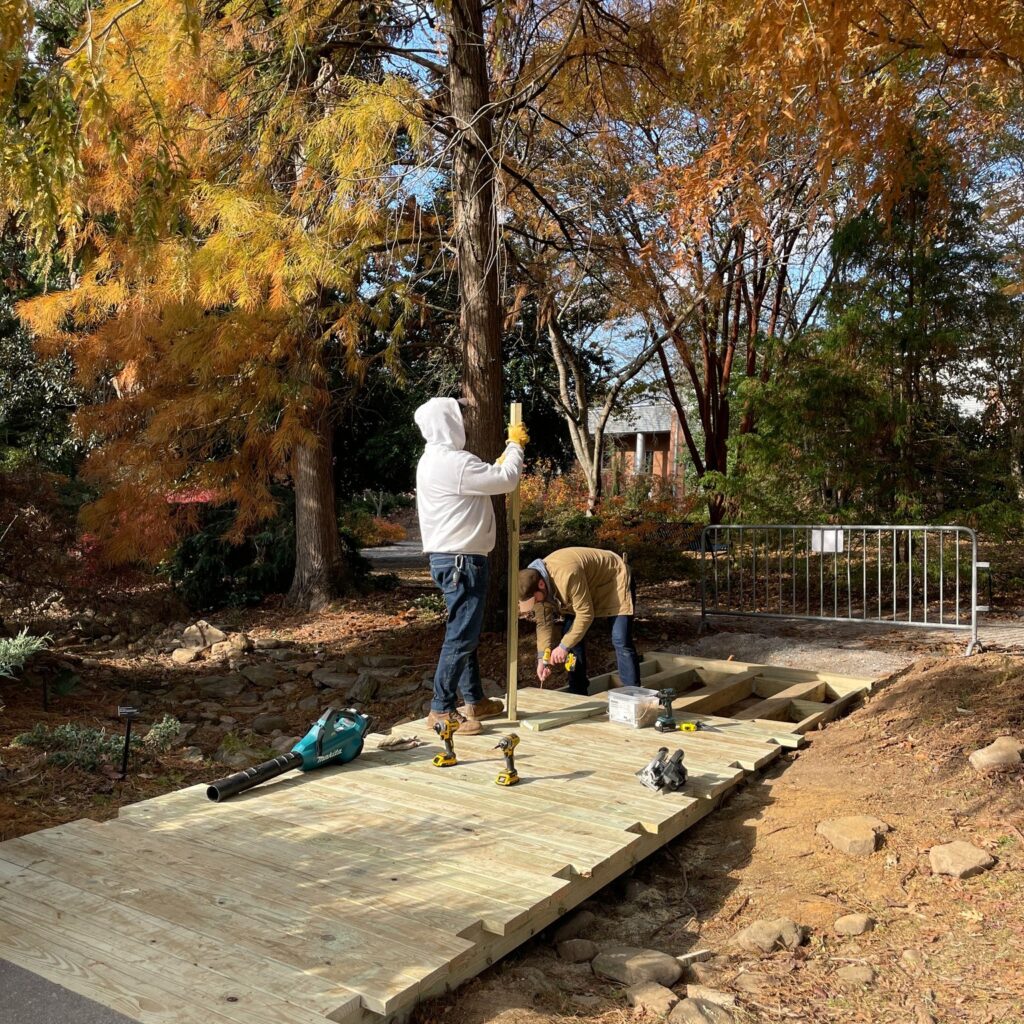
PhD in Plant, Soil, and Environmental Sciences
The PhD program is a multi-departmental doctoral program. Two departments participate – Plant Sciences and the soils faculty in Biosystems Engineering and Soil Science. Students must select a concentration. Available concentrations include crop sciences, horticulture, plant breeding, plant molecular genetics, weed science, and plant, soil, and environmental sciences.
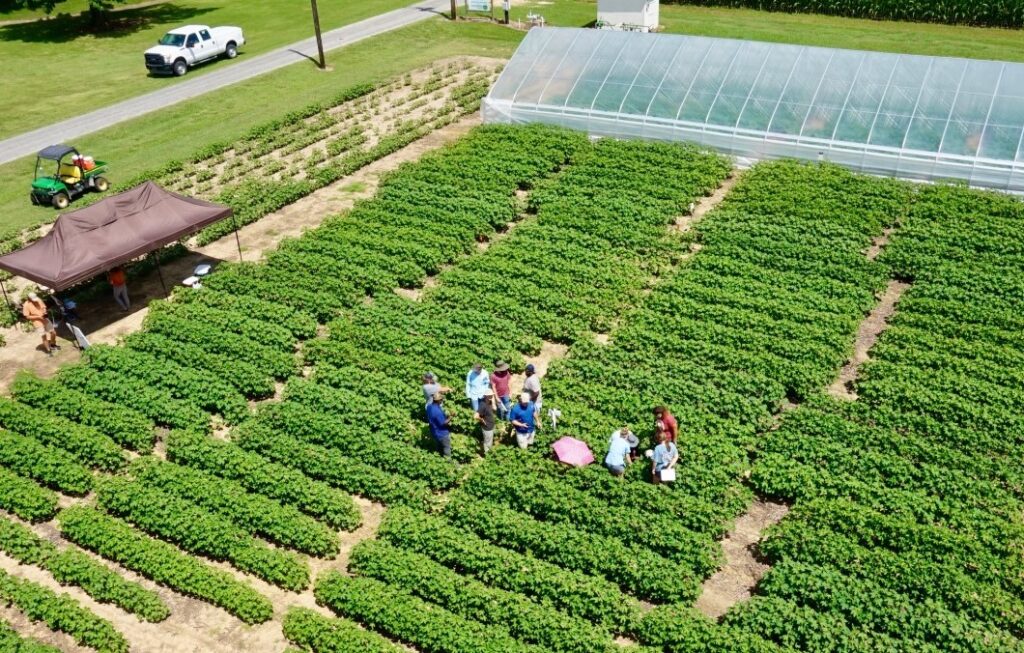
Plant Sciences Minor
Students are able to pursue a graduate minor in Plant Sciences. Studies are possible across a wide variety of crop commodities, including fruits, vegetables, weeds, cereals, grains, turfgrass, ornamental plants, and public horticulture. Students gain an understanding of the challenges related to plant protection, molecular biology, breeding, genetics, biotechnology, physiology, ecology, culture, and management.
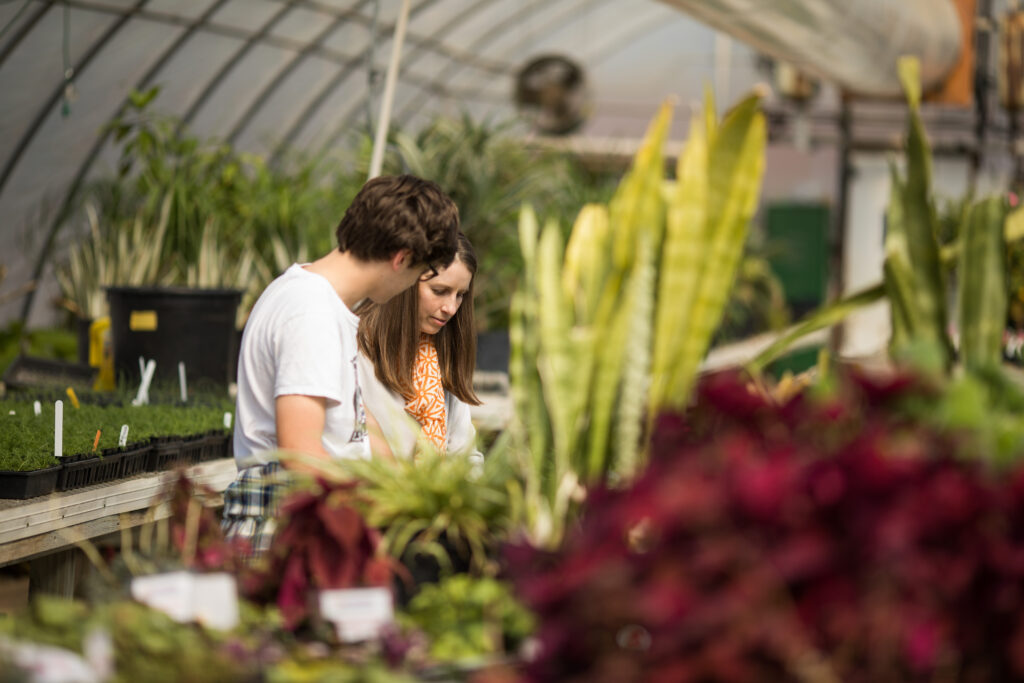
More in-depth information about our Graduate Program and answers to our most common FAQs
Faculty Research Areas
We have faculty with a variety of research focuses. Potential students are encouraged to connect with faculty before applying to their desired program. Explore our faculty and their specialties here.

Dive Deeper
Looking to explore further? The Plant Sciences Department collaborates with many different centers, organizations and divisions. Find out more below.
- Beef And Forage Center
- UT Crops
- UT Horticulture
- Center for Agricultural Synthetic Biology
- Omics Hub
- UT Sustainable Nursery Crop and Landscape Management
- UT Vegetable Production
- VOLunteer Supported Agriculture (VSA)
- UT Gardens
- Tennessee Plant Research Center
- Herbicide Stewardship
Visit the Plant Sciences Graduate Student Handbook for information about admissions, procedures, and curriculum.

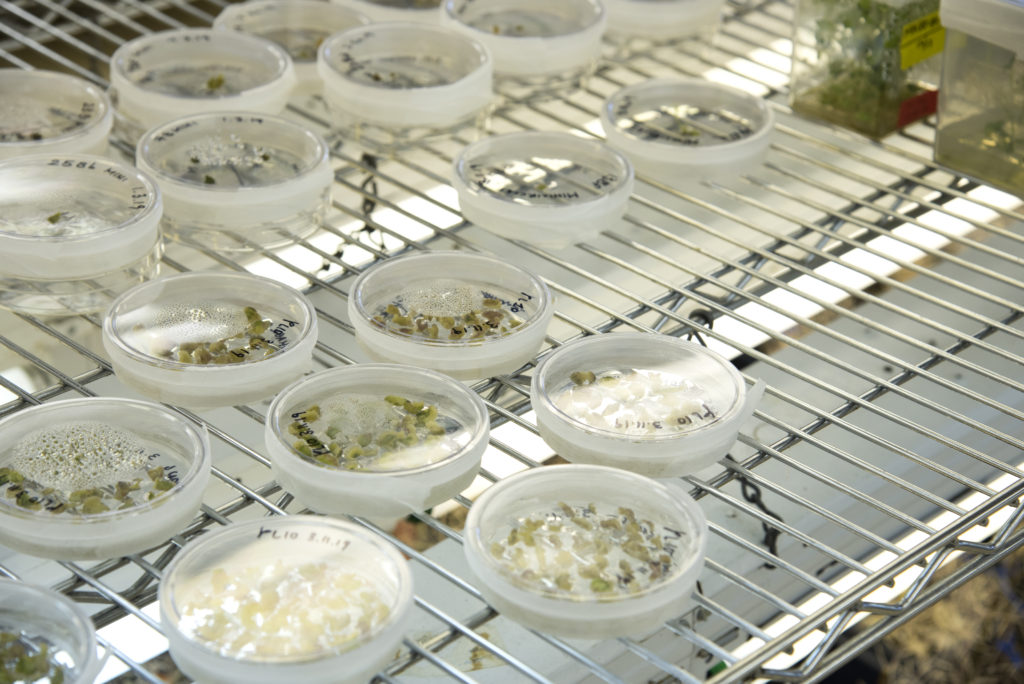
The Plant Biotechnology Building and our new Agriculture and Natural Resources Building provide excellent laboratory spaces and facilities for a range of research, including a world class Omics Hub.
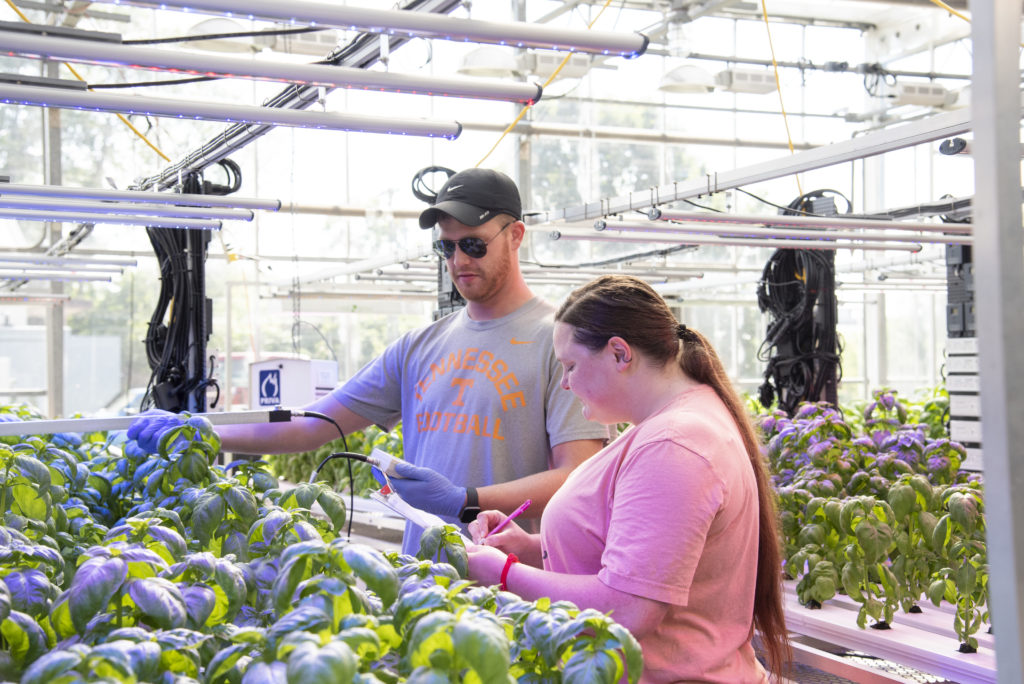
On-campus greenhouses allow students to gain hands-on experience.
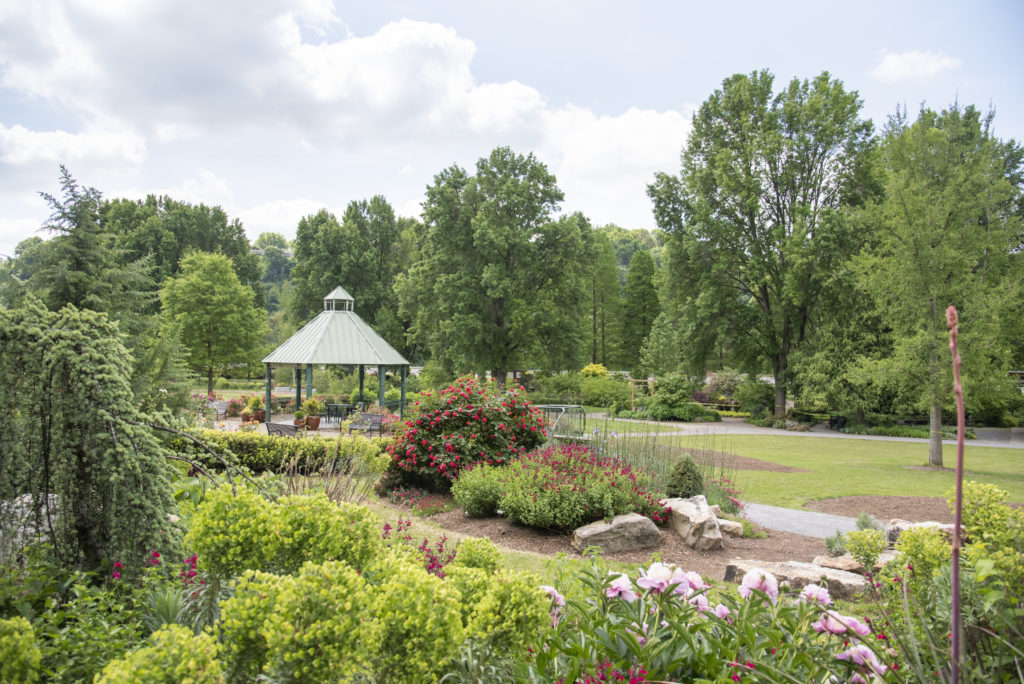
UT Gardens provides relevant training, education, and research opportunities for students.
